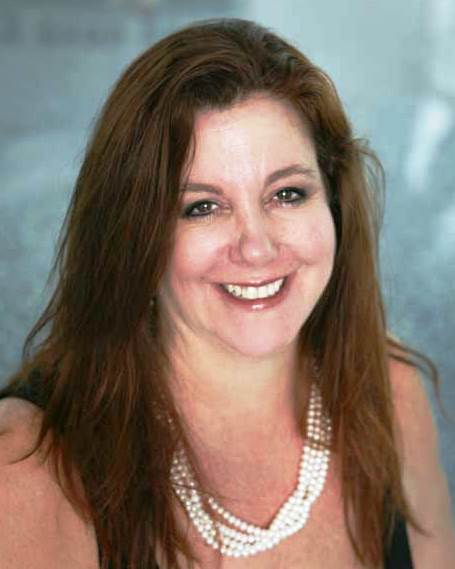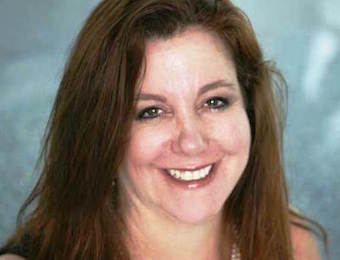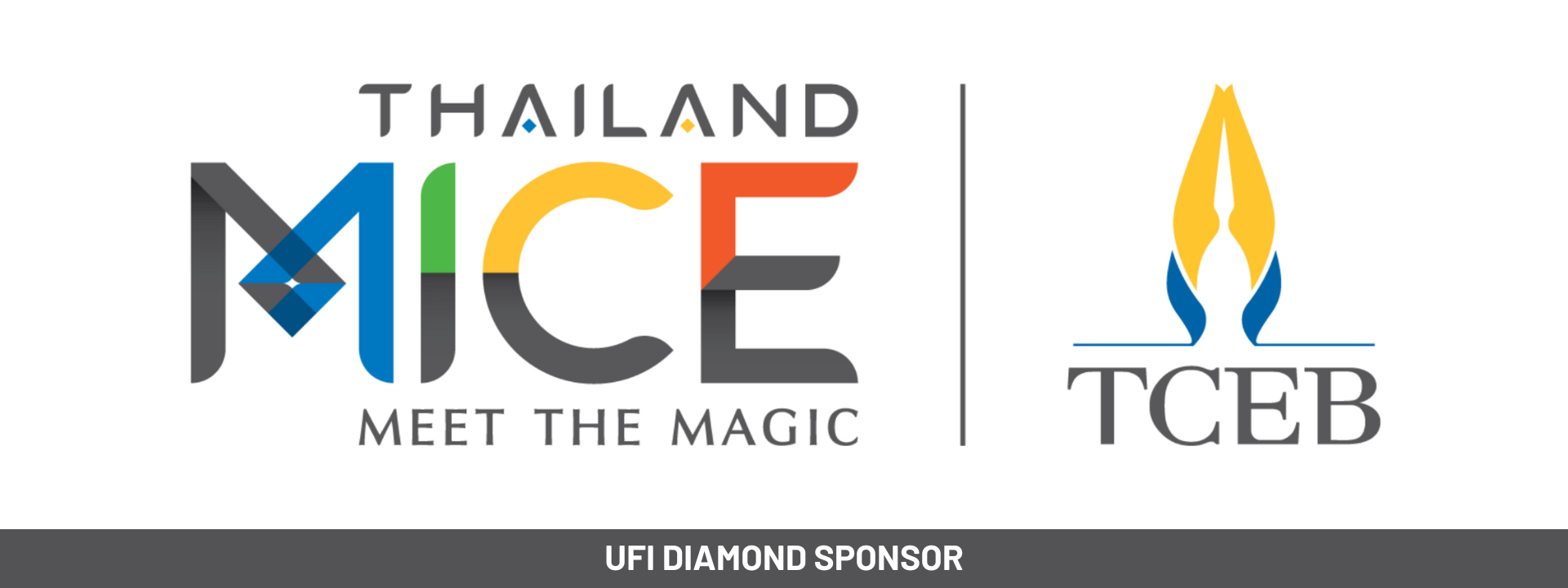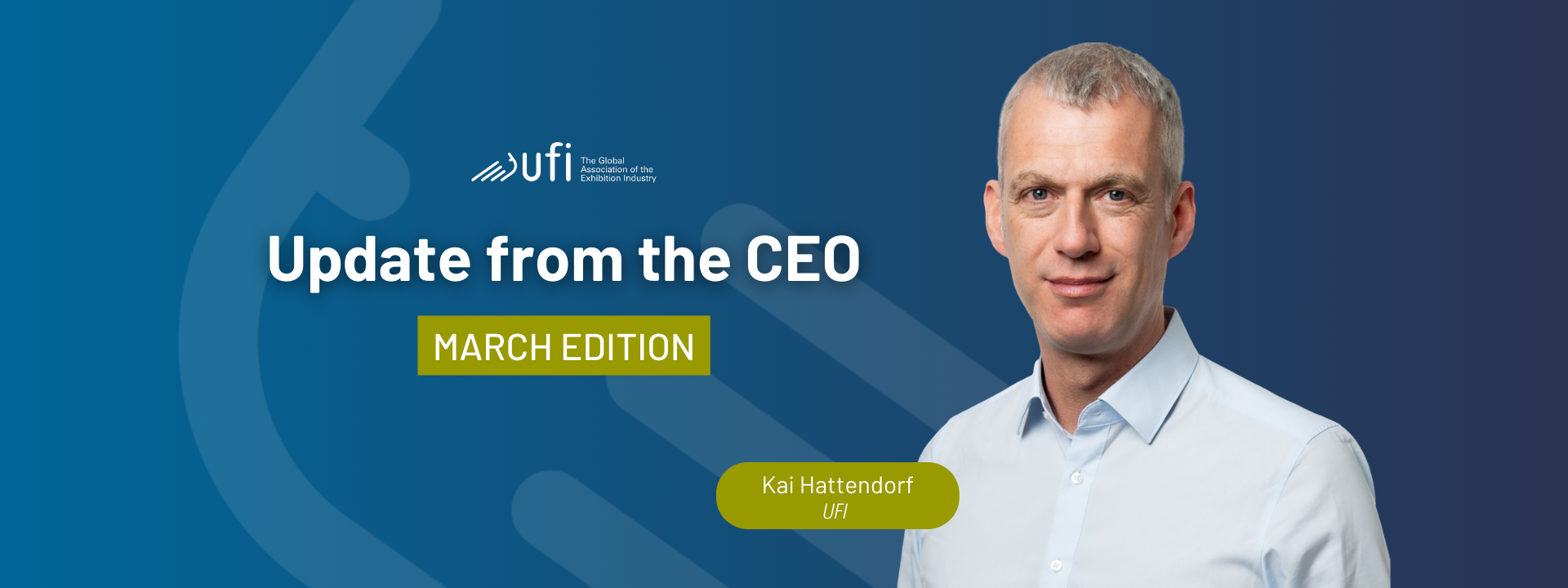
Blogger: Stephanie Selesnick, President of International Trade Information, Inc.
I had the chance to talk to Mary Larkin, Executive Vice President of Diversified Communications after the co-located Seafood Expo Global and Seafood Processing Global trade fairs in Brussels this past May.
Background information: This was the 24th edition of Seafood Global Expo, the world’s largest seafood exhibition and 22nd year of Seafood Processing Global. With over 26,000 attendees and exhibitors from 150 countries covering 30,000 net square meters (322,917 square feet), the combined shows are, annually, the most important event of the year for the global seafood industry. The challenge? The terrorist attacks that occurred in Brussels a month before the show, leaving the airport in partial shambles and people fearful of using trains and being in crowded venues.
Here is what we talked about:
Was it ever a consideration to cancel the shows?
No. Obviously we were horrified by what had happened and very sympathetic to the victims, their families and to the city we all know so well. However, we thought about what it would mean to the industry and our stakeholders – exhibitors, visitors, sponsors, and the city of Brussels. We also took into consideration people’s fear and emotion, but ultimately, the decision was made to go ahead. We had one month between the attacks and the show – and a month can be a very long time.
What was the process that you and your team went through before and during the shows?
Daily, our biggest question was, “What new information do we now have?” Then we would take a very practical approach with said facts. We knew our exhibitors trusted us to keep the Brussels Expo safe. Having had protesters visit past shows, there was a security plan in place that was enhanced. We had meetings with the City and Security Authority, and both worked very hard to ensure we would have a secure event. On site, we held more in depth security meetings.
Obviously, there some security procedures went on behind the scenes that cannot be shared. What can you share about the actual process?
There were more police – not just for traffic and regular show security, but more visibly posted throughout the city. Other things we did included:
-
More random searches of exhibitors’ trucks during move in
-
Building a corralled area in the perimeter of the venue to search visitors before they entered the registration area.
-
Have 6 bomb-sniffing dogs patrol the venue during move in and the show
-
The venue security company hired concert security people to search each visitor (they are used to dealing with large crowds quickly and know what to look for)
-
Hand wand visitors entering the venue
-
Search every bag coming in to the building and not allowing luggage.
What was the reaction of your U.S.-based team and their families?
We gave our team members the option to not go. They all decided to make the trip over. We made a few changes – having shuttles pick them up and drop them off at the hotel, used an app called Lua which uses Wi-Fi so we could text everyone, in groups, or singly, instead of radios. It allowed all of us to communicate with anyone on team, day or night. Lastly, everyone registered at the US Embassy under the STEP program, so that they knew we were there.
We also held evacuation drills and made sure everyone was prepared in case of any type of emergency. Maybe it was a bit over-thorough, but it worked.
The airport was partially open for arrivals and not many departures. It had to create a lot of problems considering you have people coming in from 150 countries (149 if we don’t count Belgium). What solutions did you come up with?
As we got closer and closer to the shows, more and more flights were cancelled. Paris was a great alternative airport. We thought about offering shuttle service from Amsterdam and Paris but given a choice of 6 a six-hour bus ride or a 2-hour train ride, for those who had to fly, most took trains from Paris to Brussels. We also had shuttle bus service from different locations throughout the city. Having experienced a one-day train strike the year before, we already had the key locations pinpointed so just added more shuttles.
The press must have been crazy.
We were constantly bombarded by industry press. Instead of answering each writer individually, we repurposed a website and posted daily updates daily at 11:00am. We also had a password-protected page for exhibitors to communicate security information, give advice on flights and trains, etc. It gave exhibitors a peace of mind.
Here’s the tough question – how were your numbers?
A few exhibitors cancelled at the beginning, but 95% decided to participate, essentially our growth for 2016 over 2015. Visitors were down 17% in total. Our numbers are a combination of exhibitors and visitors as that’s how the industry works. However, the shows were busy, and exhibitors happy with the quality and lack of tire kickers. Buying teams were made up of less people, so instead of one company sending ten buyers, they would send three. Until this year, we had been breaking records year after year, so overall we were quite pleased with the results.
What are the big learns?
-
Let people work through their own emotions and fears, and come to their own decisions to attend or exhibit.
-
Develop a great relationship with the city. It was key. Having a history of 24 years meant we knew who did what and who to go to for help and information. We cannot thank the city of Brussels, the Brussels Expo and the Security Authority enough because they bent over backwards to help make things happen.
-
We concentrated on talking to media about the 95% of exhibitors who chose to participate and the 83% of visitors who came to the show, instead of talking about who didn’t come.
-
Relay information and be careful of what goes out. Be practical
Any last words?
It was a very long month! You when you add huge security concerns on top of running two co-located large shows, it was a lot of extra work. However, I am proud of our team and beyond thankful to Brussels for helping us have a safe and successful event.
There are two sessions discussing exhibition security at the UFI European Seminar in Basel, Switzerland this June 20-22. Click here for more information about the programme.






Leave A Comment